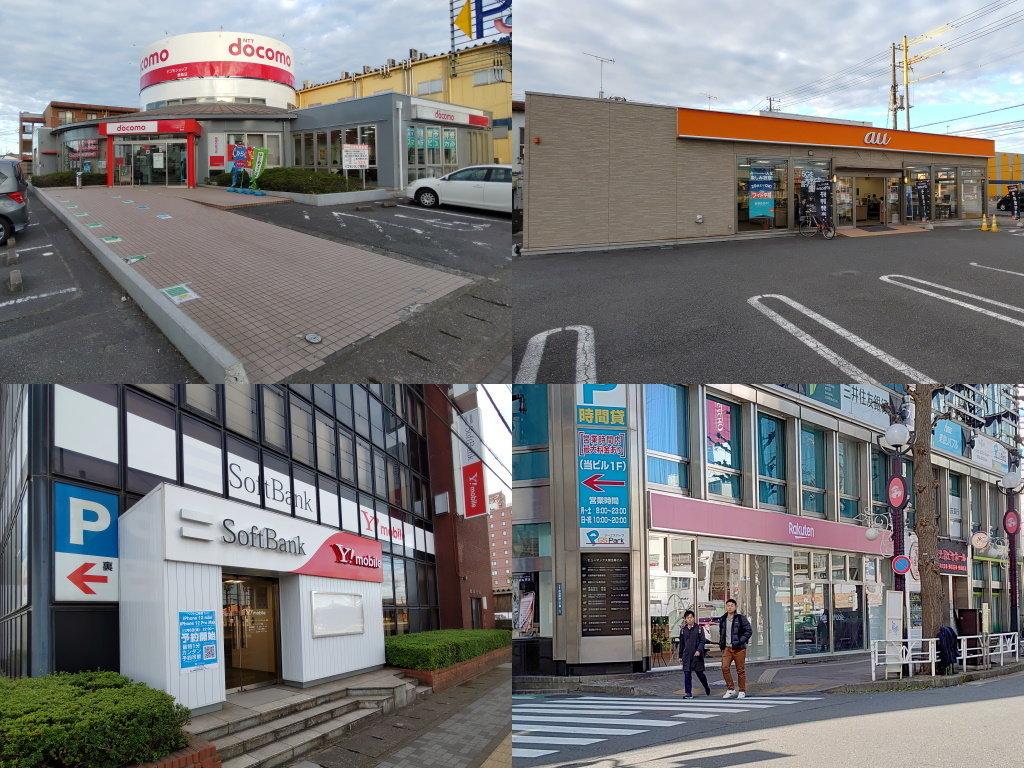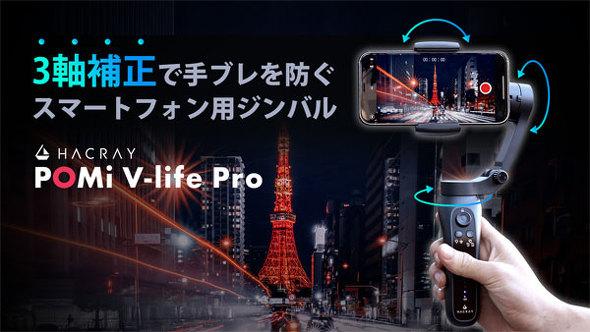
There are definitely people who need it. Don't force yourself to sell it. -- Asking an active cell phone shop clerk about selling optional items: A former veteran clerk teaches "Sokontoko" (page 1/3)
Around November 2020, SNS made remarks against the method of selling optional items at mobile phone shops, saying, "When I changed my smartphone model, I was forced to buy unnecessary peripherals and software." It was a hot topic.
While this topic seems new, it is also relatively old. When purchasing a smartphone, we regularly see voices such as "I was forced to purchase an expensive microSD memory card in installments." There have been quite a few voices criticizing the method of selling optional items when purchasing a smartphone in installments, and the pricing of optional items in the first place.
Then why do mobile phone shops use such "sales techniques"? I asked the current store staff about it.
Some people criticize the method of selling optional items at mobile phone shops (especially "carrier shops"), but what is the reality? (The photo is an image)To put it simply, selling peripherals is one of the essential activities for mobile phone shops to survive. Considering the recent business environment surrounding shops, its “weight” is increasing more than before.
A store clerk said:
Until a few years ago, it was "normal" to sell 200 to 300 mobile phone handsets per month. However, since the revision of the Telecommunications Business Law in October 2019, the number of mobile phone handsets sold has plummeted.
In 2020, due to the influence of the new corona, there was a time when the store could not be opened. If this trend continues, full-year sales in fiscal 2020 are likely to reach about half the number of units sold in fiscal 2019.

With the revision of laws and regulations, it seems that handset sales and line contracts, which used to be the pillars of revenue, have become unsustainable.
However, as another shop clerk will tell you, terminal sales themselves are not very profitable. This is the so-called “low profit, high sales” style.
The profit per device is insignificant. If you don't sell numbers and get incentives (sales incentives) from your carrier, you won't be able to operate as a business.
As long as the number of units does not come out, we have to earn from factors other than terminal sales. For example, the incentives obtained by acquiring optional services were one example. As a condition of some kind of discount, customers are asked to make a contract (use) for an optional service for a certain period of time.
However, due to the revision of the Telecommunications Business Law, severe restrictions have been imposed on such sales methods. The upper limit of the discount has become insignificant (up to 20,000 yen excluding tax), so it has become difficult to ask for an optional subscription.
If you want to make a profit quickly, setting a "down payment" for the terminal price is also an option. However, "down payment" is also difficult considering the price competition with other stores. The Ministry of Internal Affairs and Communications and the Consumer Affairs Agency have also warned against "down payment", so it will be even more difficult to secure profits with "down payment".
In that case, it will be important to propose and sell optional products that are beneficial to customers in order to secure future profits. Shop staff are expected to have the skills to make proposals according to the customer's skills and needs, such as microSD memory cards, smartphone cases, and security software.
As I have said before, I myself have been involved in mobile phone sales for a long time. I understand painfully well that incentives obtained from careers are very important in securing the profit of the store.
In the past, if you achieved the quota of "selling 30 terminals by switching from other companies (MNP)", you could get an incentive equivalent to the labor cost of one staff member. If you continue to use the optional service that costs about 300 yen per month for 3 months and get a contract, you will earn 2000 to 3000 yen per case.
When you can no longer rely on these big sources of income, it's natural to seek out new sources of income. Therefore, it is only natural to put effort into selling optional products again.
Due to revisions to the Telecommunications Business Act and the spread of the novel coronavirus, shop operations are becoming increasingly difficult (the photo is an image). What do you think of the remark? 1|2|3Next page